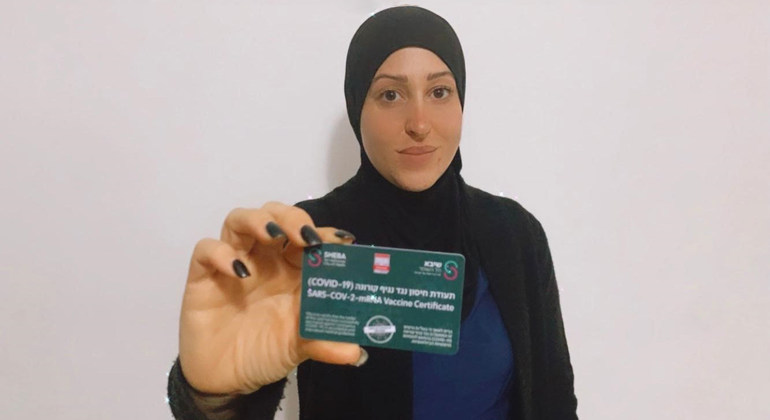WHO chief Tedros Adhanom Ghebreyesus reported on the outcomes of the latest meeting of the Emergency Committee on COVID-19, held online the previous day.
Experts issued a statement calling for upgrading national capacity for genome sequencing, and greater data sharing, in efforts to monitor and respond to changes in the virus.
Tedros told journalists he was pleased they also emphasized that vaccines must be rolled out equitably.
“Health workers are exhausted, health systems are stretched and we’re seeing supplies of oxygen run dangerously low in some countries”, he said, speaking during the agency’s regular end of week press briefing, from its Geneva headquarters.
“Now is the time we must pull together as common humanity and rollout vaccines to health workers and those at highest risk.”
Virus vs humanity
Professor Didier Houssin, the Committee chair, underlined that scientific collaboration is essential to understand any COVID-19 variants.
“I think we are in a race between the virus, which is going to continue trying to mutate in order to spread more easily, and humanity, which has to try to stop this spreading,” he said.
The Emergency Committee also issued recommendations on international travel.
The statement said countries should not require travellers to show proof of vaccination or immunity at the present time “as there are still critical unknowns regarding the efficacy of vaccination in reducing transmission and limited availability of vaccines”.
Friday marked a solemn milestone in the global fight against COVID-19, as more than two million people have now died from the disease.
UN Secretary-General Antonio Guterres issued a strongly worded video statement, admonishing countries to work together to end the pandemic and save lives.



